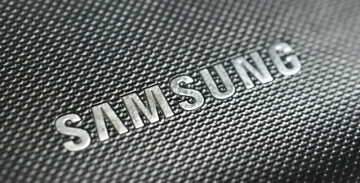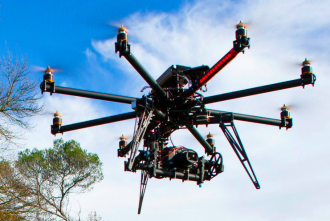 Apple received a shock in a US Appeals court when judges actaully questioned if it had been really financially harmed by Samsung stealing its ideas.
Apple received a shock in a US Appeals court when judges actaully questioned if it had been really financially harmed by Samsung stealing its ideas.
Apple told a US appeals court that rival Samsung should be barred from selling products that infringe on its smartphone patents, but the judges were skeptical.
Judge Kimberly Moore was skeptical that Apple was being harmed since it already licenses some technology to other companies. “You’ve already licensed these patents up the wazoo!” she said.
For those who don’t speak American, she was saying that it was difficult to claim you were damaged by the patent information being used, when you gave it to lots of other people for a small fee.
In the latest round, Apple is seeking an injunction against sales of some Samsung products it says infringe on its patents for technologies such as slide-to-unlock, auto-correct and quick links that can, for instance, send a telephone number from an email to the phone dialer.
Apple lawyer William Lee said Samsung could quickly design work-arounds for the patents but did not do so. He told the US Court of Appeals for the Federal Circuit in Washington that Samsung was harming Apple.
Moore disagreed: “You’ve licensed them to everyone. So why is it irreparable harm if Samsung uses the patents?”
Judge Sharon Prost said she was “having a hard time getting past irreparable harm.”
Lee said other smartphone companies, like Google and Huawei had not licensed the technology.
To make matters worse, Samsung lawyer Kathleen Sullivan said the South Korean company had all but stopped using the patents, so no injunction was needed.
Moore lost his rag a bit and wondered then if Samsung had stopped using the patents, why were they still fighting it. “Why am I wasting my time?”
It is a good question. The so called thermonuclear war started by Steve Jobs when Samsung used his rounded rectangle design failed to do anything other than keep lawyers rich. Now it seems pointless to continue it. But it is a bit on the nose to expect Samsung to quit.
 Software giant SAP said it will cut around three percent of its employees worldwide but added that it would create different jobs as it struggles to get up to speed on cloud computing.
Software giant SAP said it will cut around three percent of its employees worldwide but added that it would create different jobs as it struggles to get up to speed on cloud computing.


















